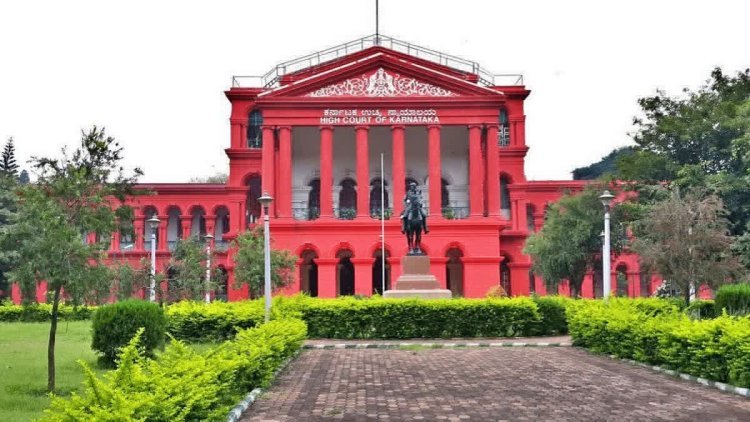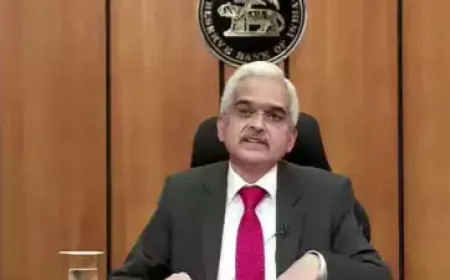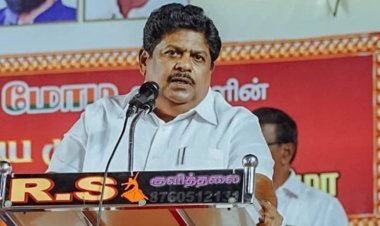No restriction on using residential house for religious prayers: Karnataka High Court
The Karnataka High Court has observed that there are no restrictions on using a residential house for religious prayers. The court said this while dismissing a public interest litigation (PIL) filed by some residents of HBR Layout Bengaluru alleging that a residential property was being used for prayer.

The Karnataka High Court on Saturday dismissed a Public Interest Litigation (PIL) filed by some residents of HBR Layout, Bengaluru. The petition alleged that a residential property was being used for prayer.
A division bench of Chief Justice Prasanna B. Varale and Justice MGS Kamal recently dismissed the PIL, saying that despite our repeated requests, the council was unable to show any such prohibition, or prevention in the rules of law, which would harm any occupant. Prevents the use of residential accommodation for prayer. The copy of the judgment has not yet been issued by the court.
Sam P Philip, Krishna SK, Jagaison TP, and five others from HBR Layout had approached the court against the Housing and Urban Development Department, BBMP, and Masjid E-Ashrafit over the issue. Later his petition was converted into a public interest litigation. It was argued that a residential area was being used as a prayer hall, causing disturbance to the neighbors.
The matter has reached the court once before as well when the mosque trust constructed a building without BBMP approval. The court had directed that the building for the madrasa could be constructed only after obtaining the necessary clearance from the BBMP. Thereafter this building was constructed and it was used as a madrasa for poor children.
The PIL was filed after a new building came up on the property. Dismissing the PIL, the court noted that "counsel for the petitioner has been unable to show any such specific prohibition. He reiterates his submission that using a residential area for prayer as a mosque is in violation of the rules. Further ( He) has repeatedly stated that since a large number of people may assemble, the petitioners and the residents are apprehensive of disturbances. These submissions stand neither on reason, logic, nor on law."
During the hearing of the PIL, the Court took strong objection to the submission of the counsel for the petitioners that the prayer poses a risk. The court warned that we are not allowing such statements. This is something to which we strongly object. You cannot make statements so casually. You have no right to make such sweeping statements. One can only say that there has been some violation of rules. How can you tell that praying to someone is a threatening activity?



















































































































.jpeg)













